Inclusive Education for the Future: Panel discussion highlights challenges for people with physical and learning disabilities
On the 15th of June, the Centre for Civil Society (CCS) in collaboration with the Friedrich Naumann Foundation (FNF) Regional office in New Delhi organized a Webinar on the impact of the Covid-19 pandemic on students with physical and learning disabilities. The Webinar highlighted aspects of the Covid-19 pandemic that have deepened existing inequalities and made it even harder for persons with disabilities to access quality and inclusive education. The pandemic resulted in higher rates of social exclusion and poverty, hindered the right to education and employment of persons with disabilities, and reduced their economic independence. Furthermore, the shift from learning in a physical space to distance learning has posed numerous challenges to delivering quality education for persons with disabilities.
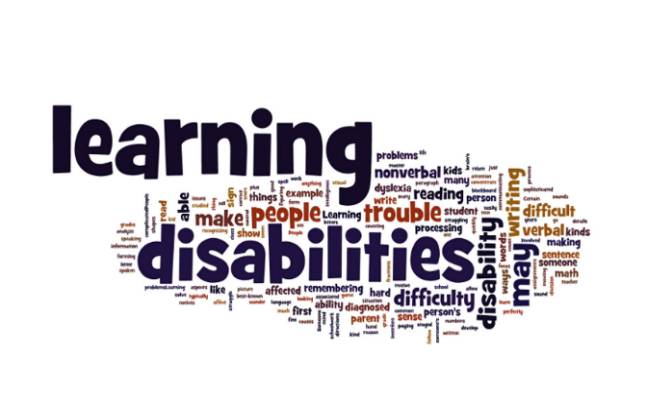 The panel discussion started with a welcome address and introduction by Ms Lakshmi Goyal, CEO, Centre for Civil Society, New Delhi. She mentioned that despite laws such as Right of Persons with Disabilities, 2016, wherein the responsibility has been cast upon the Government to take effective measures to ensure that persons with disabilities enjoy their rights equally with others, the pandemic had resulted in a learning loss of up to two years for children and schools across India. The impact of the pandemic and such learning loss on young scholars with disabilities has only worsened and needs immediate intervention. This was followed by the Keynote Address by Mr Yanki Puersuen, Member of the State Parliament of Hessen, Germany. Mr Puersuen shared a few developments, made by the Government in Germany, in enhancing opportunities for learners with disabilities. He mentioned that there can be different obstacles to inclusive education: disabilities, poverty, language, religion, ethnicity, and defects of migration. He reminded the gathered audience that ideals of inclusivity were not limited to schools and inclusive education, but must become a way of life for society at large.
The panel discussion started with a welcome address and introduction by Ms Lakshmi Goyal, CEO, Centre for Civil Society, New Delhi. She mentioned that despite laws such as Right of Persons with Disabilities, 2016, wherein the responsibility has been cast upon the Government to take effective measures to ensure that persons with disabilities enjoy their rights equally with others, the pandemic had resulted in a learning loss of up to two years for children and schools across India. The impact of the pandemic and such learning loss on young scholars with disabilities has only worsened and needs immediate intervention. This was followed by the Keynote Address by Mr Yanki Puersuen, Member of the State Parliament of Hessen, Germany. Mr Puersuen shared a few developments, made by the Government in Germany, in enhancing opportunities for learners with disabilities. He mentioned that there can be different obstacles to inclusive education: disabilities, poverty, language, religion, ethnicity, and defects of migration. He reminded the gathered audience that ideals of inclusivity were not limited to schools and inclusive education, but must become a way of life for society at large.
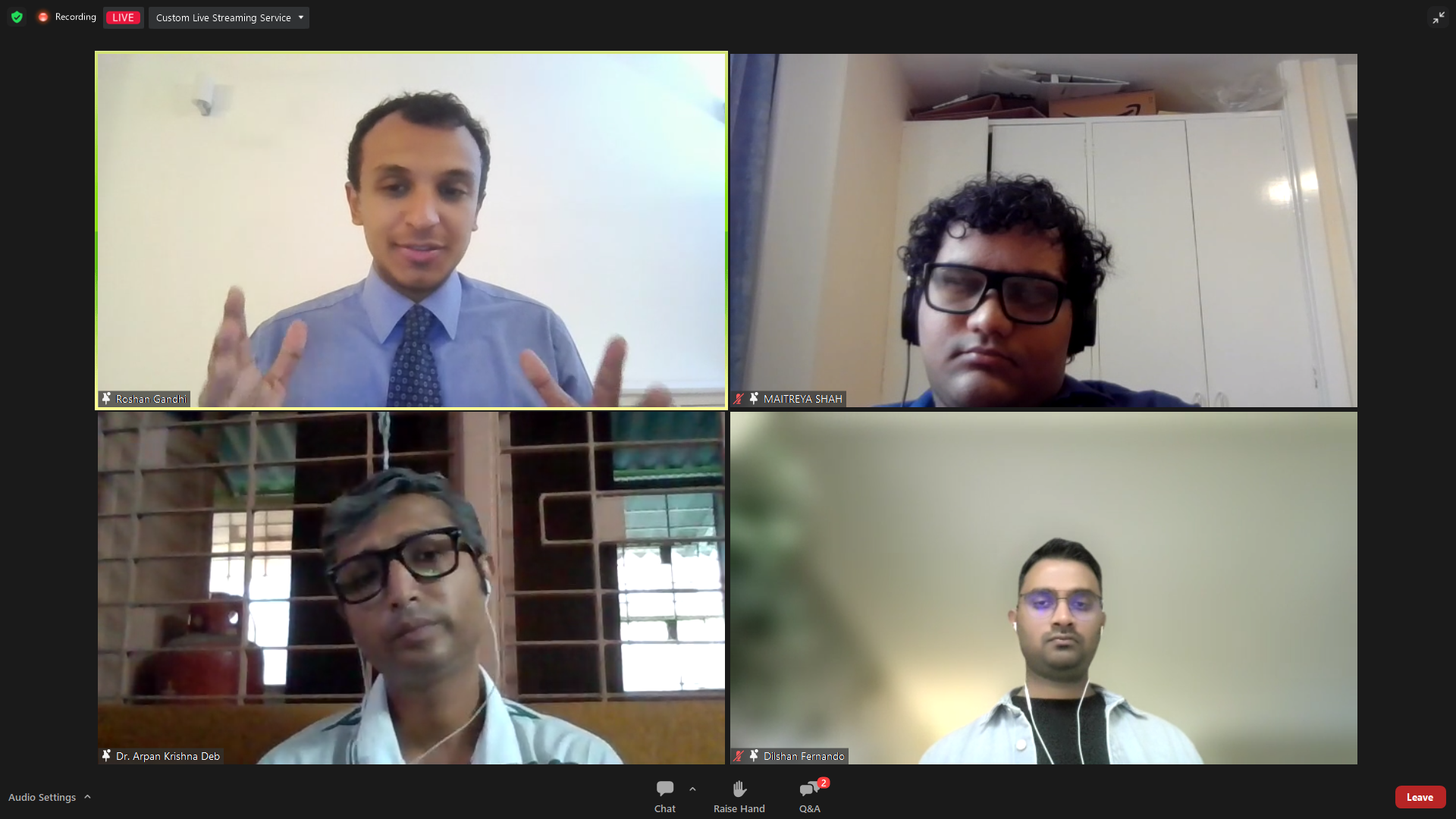 This was followed by the main Panel Discussion. The panel consisted of Mr Maitreya Shah (India), a lawyer who suffers from visual impairment, Dr Arpan Krishna Deb (India), a school teacher and Inclusive Education Specialist at Step by Step School, India and Mr Dilshan Fernando (Sri Lanka), a researcher from the University of Guelph who specializes on barriers caused by disabilities. The entire conversation was moderated by Mr Roshan Gandhi, CEO, City Montessori School, Lucknow. The panel, which consisted of a learner with a disability, a teacher and a researcher, beautifully highlighted not just the educational challenges of disability but further problems caused by a society that further harm and excludes learners with learning and physical disabilities. Dr Arpan pointed out that it takes a long time for a parent to even acknowledge that their child is having a learning disability. There are certain ways to test such disabilities, however, these are not available to everybody, but only to a class of people. Mr Maitreya added that major challenges to inclusive education are actually socially constructed. He highlighted certain challenges including being refused admission, facing barriers in learning, not getting reading materials in required formats, social relations, facing physical accessibility barriers, and attitudinal barriers among others. Mr Fernando rounded off the discussion by reminding the audience that in education, we cannot expect a top-bottom bureaucracy, which may be detached from the special needs of learners with disabilities in the classroom, to ensure inclusive education.
This was followed by the main Panel Discussion. The panel consisted of Mr Maitreya Shah (India), a lawyer who suffers from visual impairment, Dr Arpan Krishna Deb (India), a school teacher and Inclusive Education Specialist at Step by Step School, India and Mr Dilshan Fernando (Sri Lanka), a researcher from the University of Guelph who specializes on barriers caused by disabilities. The entire conversation was moderated by Mr Roshan Gandhi, CEO, City Montessori School, Lucknow. The panel, which consisted of a learner with a disability, a teacher and a researcher, beautifully highlighted not just the educational challenges of disability but further problems caused by a society that further harm and excludes learners with learning and physical disabilities. Dr Arpan pointed out that it takes a long time for a parent to even acknowledge that their child is having a learning disability. There are certain ways to test such disabilities, however, these are not available to everybody, but only to a class of people. Mr Maitreya added that major challenges to inclusive education are actually socially constructed. He highlighted certain challenges including being refused admission, facing barriers in learning, not getting reading materials in required formats, social relations, facing physical accessibility barriers, and attitudinal barriers among others. Mr Fernando rounded off the discussion by reminding the audience that in education, we cannot expect a top-bottom bureaucracy, which may be detached from the special needs of learners with disabilities in the classroom, to ensure inclusive education.
The panel discussion was concluded after a vote of thanks by Dr Carsten Klein, Head, Regional Office, FNF South Asia, who thanked the panellists and the audience for their engaging questions and highlighted the need for more work to be done by civil society organizations to make not just education but society truly inclusive.

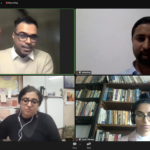
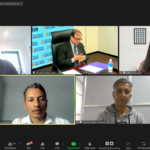
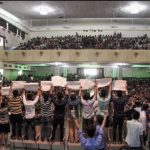
Leave a Reply